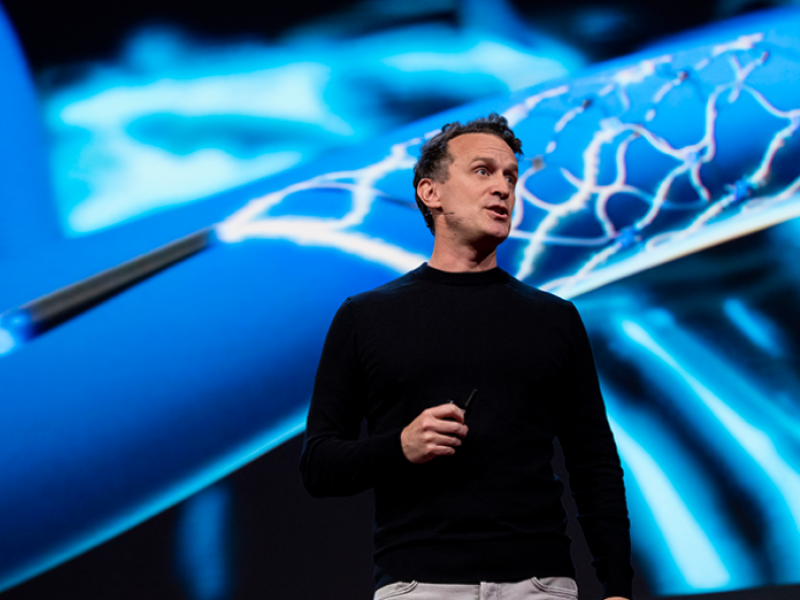Melbourne-founded brain-computer interface company Synchron is expecting to complete its early feasibility study by the end of this year, but will need more capital to secure regulatory approval in the United States.
As the COMMAND study wraps up, the company is also in the final planning stages for a subsequent pivotal trial. This is the last required trial before getting regulatory approval from the US Food and Drugs Administration for marketing activity.
Synchron’s implant, which allows paralysed patients to control digital devices with their brain, also recently demonstrated integration with Apple Vision Pro and ChatGPT, keeping it “well ahead” of Elon Musk’s Neuralink, according to co-founder Professor Tom Oxley.
And while it has raised US$145 million so far, the company will shortly “be looking to raise” further funding to deliver the pivotal trial.

Synchron was the first to receive an investigational device exemption from the FDA in July 2021, ahead of Neuralink. Professor Oxley told InnovationAus.com that “having a well funded competitor helps bring focus to our work”.
Synchron’s COMMAND trial is monitoring six patients implanted with Synchron’s Switch device over a 12-month period to assess the safety and efficacy of the device as it is used for daily tasks like texting, emailing, online shopping, and accessing telehealth services.
Patients are being monitored across Mount Sinai Health System in New York City, University at Buffalo Neurosurgery and the University of Pittsburgh Medical Center. A similar 12-month monitoring study was completed at the start of 2022 with four patients in Australia.
As of April, the COMMAND trial was estimated to wrap up in August but a spokesperson could only confirm it would be done by the end of the year.
“Synchron experienced significant growth this year as we prepare to initiate a large pivotal study aimed at collecting the data for regulatory approval,” Professor Oxley told InnovationAus.com.
Looking forward, Synchron is also focused on scaling manufacturing. In February, Synchron took “an equity position in one of our key precision materials suppliers, Acquandas GmbH in Germany,” according to Professor Oxley.
Professor Oxley is now on the board of Acquandas, while chief technology officer Riki Banerjee is an observer.
The company last raised US$75 million at the end of 2022, with support from ARCH Venture Partners and the private foundations of Jeff Bezos and Bill Gates. To date, the company has raised USD$145 million.
But as it moves to a much larger pivotal trial the company will look to raise more capital soon.
Access to capital is partly the reason for moving most of its operations from Australia to New York in 2020.
“For Synchron, being based in the US puts us closer to the investors and capital needed to fund our growth. It is also our primary market,” Professor Oxley said.
While the company was founded in Melbourne, it currently has around 120 US staff compared to about 10 in Australia.
Co-founder Professor Nicholas Opie, who won the InnovationAus 2023 Awards for Excellence Paul Shetler Disruptor of the Year Award, is still the head the University of Melbourne’s vascular bionics lab.
Professor Oxley, meanwhile is an Interventional Neurologist at Mount Sinai Health System in New York.
As the company continues to align its “capital needs with our development timelines”, Professor Oxley said the team will “continuing to engage with industry and policymakers to advance the sector”.
Do you know more? Contact James Riley via Email.

